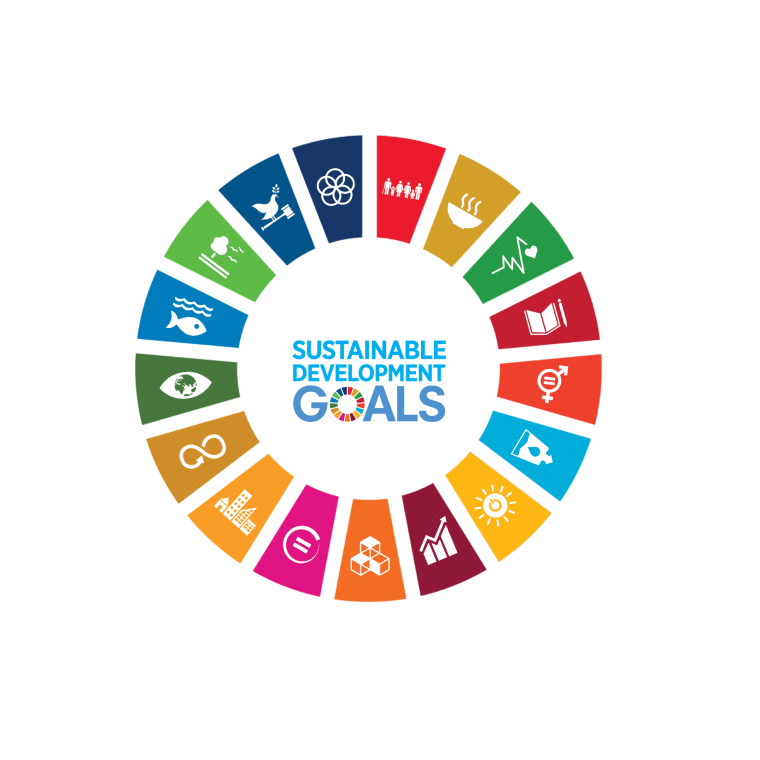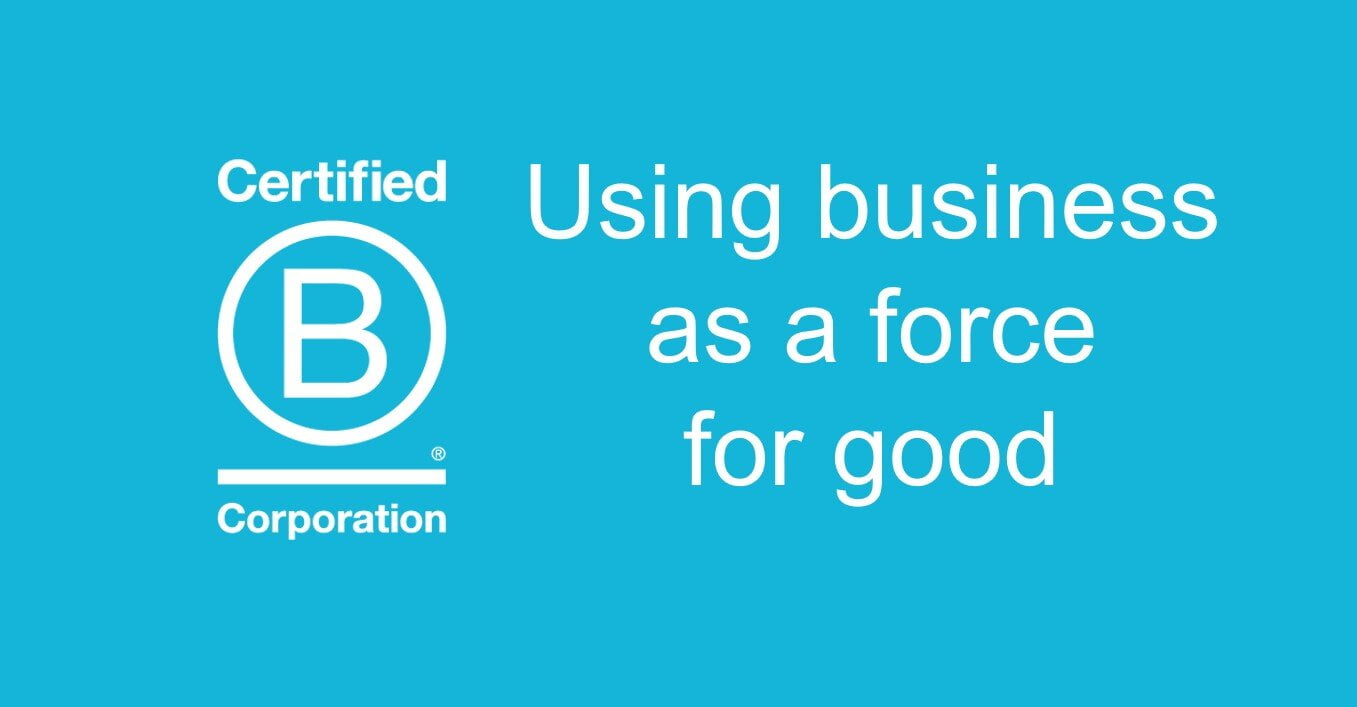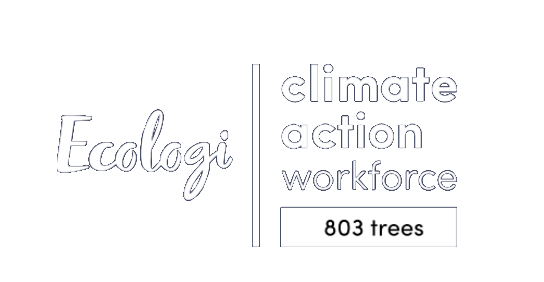The SDG’s are the closest thing that the planet has for a strategy to survive and grow.
B Lab recently launched its first SDG Insights Report which examines the progress businesses are making towards the UN Sustainable Development Goals. Using its own SDG Action Manager, B Lab collected data from over 1,700 companies – ranging in size and industry – in order to assess business performance and engagement with these targets.
What it concluded was that businesses are not taking enough action to meet the 2030 Agenda, and that they need to be more ambitious and strategic if these goals are to be achieved.
The report showed that companies which are trying to make progress on the SDGs tend to do so by focussing their efforts on internal operations, rather than other more impactful areas (like supply chains or business models). This suggests that businesses are more inclined to develop easy, short-term solutions, instead of targeting the more challenging aspects that are likely to bring about change.
According to the report, the SDGs that saw the highest levels of engagement were No Poverty (Goal 1), Decent Work and Economic Growth (Goal 8) and Responsible Consumption and Production (Goal 12). Meanwhile, Quality Education (Goal 4), Life Below Water (Goal 14) and Life on Land (Goal 15) were on the lower end of the prioritisation scale.
When it comes to setting improvement goals, as with existing performance, it’s also apparent that companies tend to favour SDGs that are more easily tackled through internal operations. Peace, Justice and Strong Institutions (Goal 16), Reduced Inequalities (Goal 10) and Gender Equality (Goal 5) were the SDGs that came out top here.
So, what does this mean for your business?
All companies have a responsibility to address the Sustainable Development Goals, but they must be strategic when choosing which SDGs to target (and how they target them). It’s important that businesses don’t just focus on the goals that would be easiest to achieve, they must also consider those which would have the largest impact.
It is incumbent upon companies to think about how they can make systemic changes that go beyond the standard measuring and reporting they are already required to do. So, if you’re still contemplating which Global Goals are most relevant to your business, first try to consider the extent to which you can contribute to these goals and the action you will need to take to achieve them.
Companies are encouraged to carry out their own impact assessment by looking at the value chain and seeing where there is room for improvement. This may involve engaging with internal and external stakeholders to identify not just high impact areas, but the issues, interests and concerns that are most pertinent to them.
SDGs with lower engagement (Goals 4, 14 and 15), for example, may be disregarded because they require more effort to achieve. However, if these are the areas that are 1) most relevant to your stakeholders and 2) most likely to have a positive impact, then they should be taken into consideration. Here’s how you might tackle each one…
Goal 4: Quality Education
· Invest in workforce training to help employees gain the skills needed to improve job performance
· Work with local schools, colleges and universities to pass on knowledge to students
· Partner with NGOs to support education projects in your home country and abroad
Goal 14: Life Below Water
· Reduce plastic packaging to avoid polluting the oceans
· Implement policies that protect marine ecosystems
· Help fund marine wildlife conservation initiatives
Goal 15: Life on Land
· Ensure paper and other office supplies are responsibly sourced
· Switch to an eco-conscious supplier or encourage your current supplier to make more sustainable decisions
· Donate to tree planting and carbon offsetting programmes
The key thing to take away from this report is that businesses must look outside of their own premises if they truly want to make a difference. It’s good to start with internal operations, but focussing on larger aspects of the business – the supply chain, the business model, collective action efforts – is how change can really be made.
If you’re interested in learning more about the SDG Insights Report, you can download and read it here: https://bcorporation.net/sdg-insights-report-2021
If you’d like to learn more about how your business can commit to these SDGs and become a B Corp, get in touch by emailing: andy@businessonpurpose.uk







